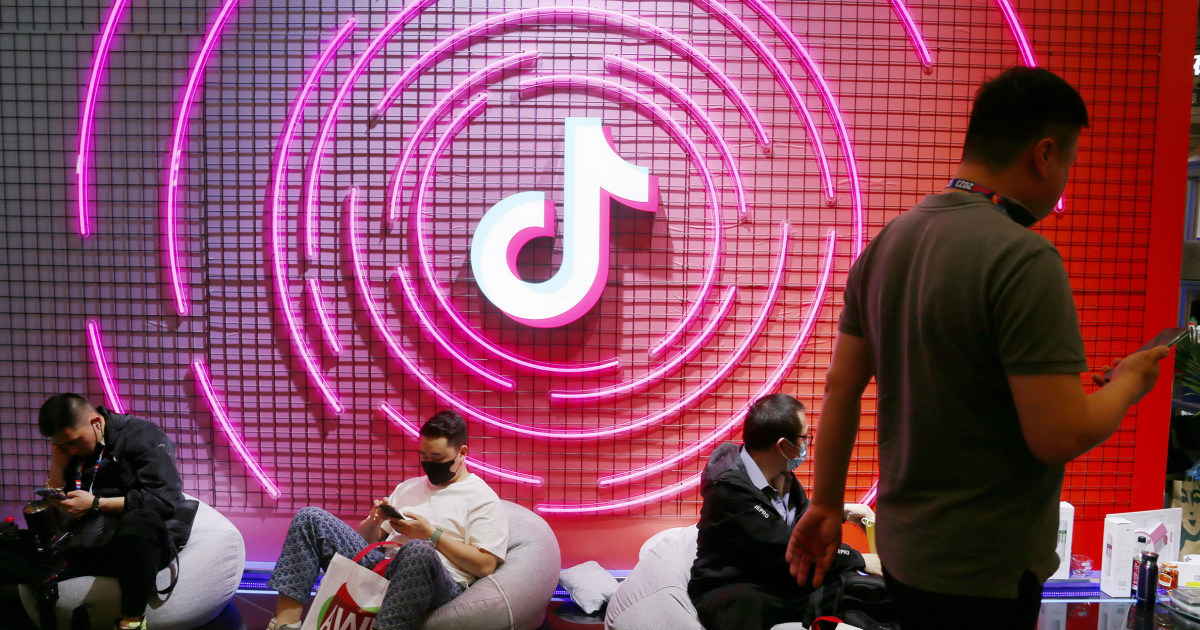
In a recent development, the United States Congress has passed a bill that could potentially ban the popular social media platform TikTok. However, the ban will not take effect before the 2024 election. The legislation provides ByteDance, TikTok's Beijing-based parent company, with nine months to sell TikTok or face a nationwide prohibition in the United States.
The bill's passage comes amid growing concerns over the security risks posed by TikTok due to its Chinese ownership. The Chinese government is known for treating private companies as extensions of the state, raising questions about data privacy and potential influence on American users.
TikTok has become a leading source of information for millions of Americans, particularly those under 30 years old. Its popularity and reach have made it an attractive target for lawmakers looking to address national security concerns. However, opponents argue that Chinese authorities could easily obtain information on Americans through other means, such as commercial data brokers.
The earliest a ban could start is January 2025, with an extension it would be April. President Biden has the power to grant a one-time extension of 90 days to give ByteDance more time to sell TikTok if necessary.
This legislation was included in a larger $95 billion foreign aid package that also includes provisions for Ukraine, Israel, and other countries. The package passed with bipartisan support in both the House and Senate.
The debate over TikTok's potential ban is not new. In 2020, former President Trump attempted to ban the app through executive orders but was met with legal challenges. The current administration has taken a similar stance, expressing concerns over data privacy and national security risks.
As of now, TikTok remains available in the United States during the campaign period. It is important to note that this article does not draw conclusions or make calls to action. Instead, it aims to provide a factual account of the situation.


